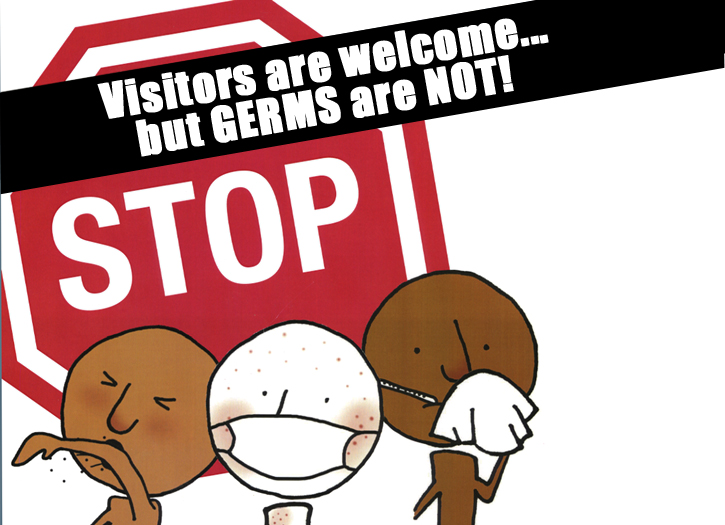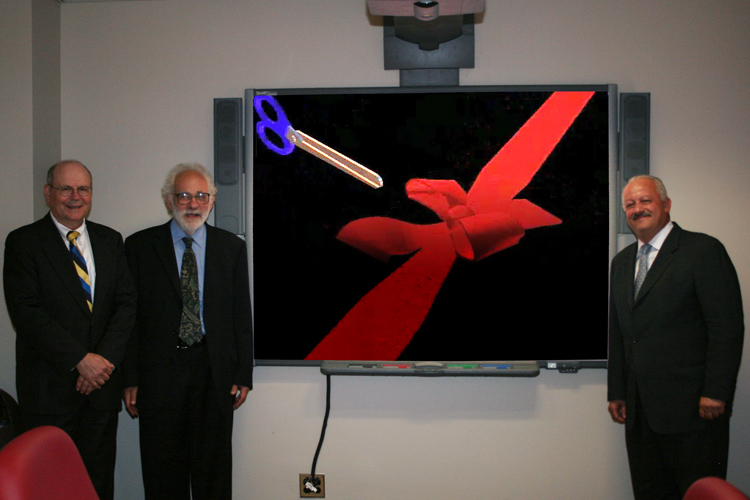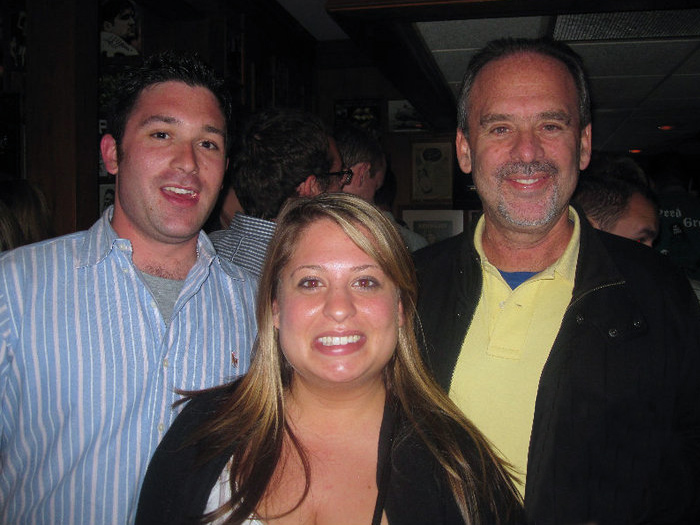It’s a new semester at CSI, but, unfortunately, it’s still cold and flu season, including the possibility of an outbreak of H1N1 virus, better known as Swine Flu. However, members of the College community can rest assured that College officials are on the case to prevent widespread illness on campus, and have been since last spring.
The College’s plan to deal with an H1N1 outbreak is based upon the CUNY plan, which follows the guidelines set by the New York State Department of Health and the national Centers for Disease Control (CDC), according to Linda Conte, director of the Health and Wellness Services.
During the Fall 2009 semester, CSI launched a comprehensive Website regarding the illness and how they can protect their students from the virus. Brochures and posters, as well as more than 200 hand sanitizer pumps were installed in central locations in all buildings. The Website also includes a self-reporting form for College students, staff, and faculty members to tell CSI if they have flu-like symptoms, in an effort to collect data on the level of those affected. Peer Educators and College Ambassadors also distributed flu fighter kits, including hand sanitizer, cough drops, and single-use thermometers, to students.
Conte reports that, fortunately, CSI was not hit hard by the flu last fall, but that has not stopped the College from remaining prepared for a potential future outbreak. “When you don’t know what to expect, you have an obligation to prepare as a group,” Conte said, noting that the College-wide preparedness group is still meeting on a regular basis to assess the health situation at CSI.
Terianne Darragh, RN, MSN at the CSI Health Center affirmed that “We are definitely prepared in the event that there is another wave [of the flu].”
What can members of the College community do to protect themselves and others this winter? First of all, stay home if you have a fever of 100.4 F, cough, sore throat, runny nose, rash, nausea, diarrhea, or vomiting. Also, wash hands thoroughly; use hand sanitizer, especially after contact with door knobs, railings, or any other public surfaces; avoid touching your mouth or eyes; and sneeze and cough into your elbow, not your hand.
By Terry Mares
















